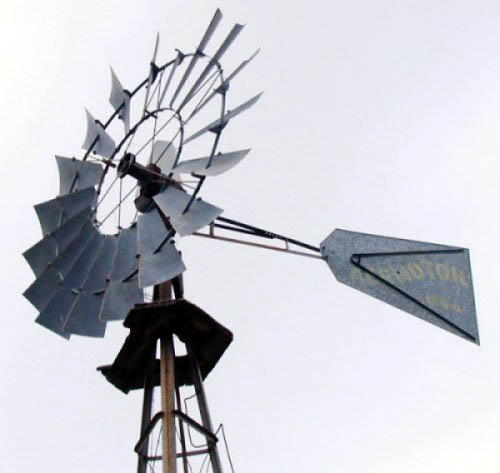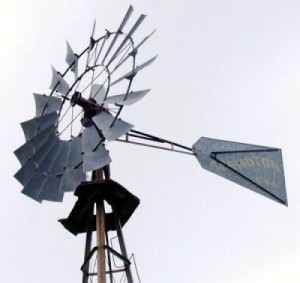GREENS TO END ONE-SIZE-FITS-ALL REGULATIONS THAT PUNISH LOCAL BUSINESSES
DUNEDIN, ONTARIO – Today, Green Party of Ontario (GPO) Leader Mike Schreiner joined Neil Metheral, owner of Dunedin’s Metheral Meats, to announce the Green Party’s plan to end the one-size-fits-all regulations that punish local businesses and limits access to local food.
“Local food processors are an essential part of building strong local economies with good local jobs,” said Schreiner. “We must create a level playing field for local food processors and family farms by introducing regulations that recognize the differences in the size and scope of operations.”
The decline of local processing facilities in Ontario makes it difficult for farmers to access higher value markets and to brand local products. The loss of local processors also restricts consumer choice and access to healthy local food.
Over the last decade, governments have written regulations to address health and safety concerns at large operations without consideration of the unique needs of small and medium sized processors. The number of small and medium sized abbatoirs, like Metheral’s, in Ontario has declined by approximately 70% in the last
decade.
“The cost of regulations imposed on processers will most affect the profit for the farmer and the price for the consumer,” said Metheral “With better support we could hire a student to oversee HACCP to assess our quality at a decent wage. In most small plants we can’t keep up with these costs.”
The Metheral’s small Dunedin processing plant was founded in 1991. It is an essential part of the family’s farm – in operation for 8 generations – and the local economy.
As part of the Ontario Food and Farming Strategy, the Green Party will work with the food and agricultural sector, as well as other levels of government, to develop regulations, by-laws and zoning laws appropriate for family farms and farm-based businesses.
“We have to reverse the closure of local food processing facilities since they are essential to building a local sustainable food system,” said Schreiner “We need smart regulations to promote food safety while putting local processors on a level playing field.
According to a 2010 survey conducted by Farmers Feed Cities, an overwhelming 99% of Ontarians agree that farming is important to Ontario’s well-being. It’s time to ensure that local farmers are supported so that all Ontarian’s have access to healthy food grown close to home.
GREEN MPPS WILL:
· End one-size-fits-all regulations for family farms and local food processors
· Implement smart regulations that recognize differences in the size of operations.
· Eliminate tax penalties and reduce zoning restrictions to facilitate local, on-farm food enterprises and innovative sources of farm income.
· Improve income stabilization programs so they are more accessible for family farms, cover a wider range of products and don’t penalize farmers who experience bad years.
For more information on the Green Party’s 5 Point Plan visit: Silo Direct Link To Green Party’s 5 Point Plan
Rebecca Harrison
Director of Communications
Green Party of Ontario
905 999 5479
rebeccaharrison@gpo.ca
http://Silo Direct Link to Green Party of Ontario’s Press Site
Sent from Green Party of Ontario
PO Box 1132
Toronto, ON M4Y 2T8
Canada
Links:
——
[1] http://www.gpo.ca/



Leave a Reply
You must be logged in to post a comment.